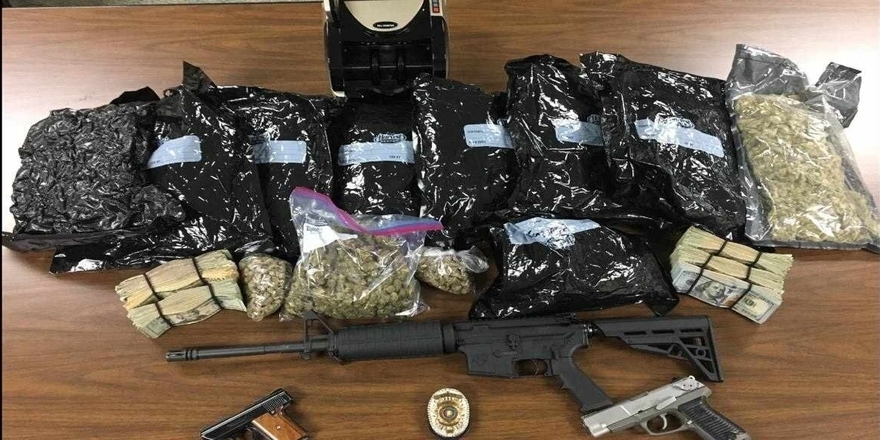
Drug Crimes and Consequent Police Seizure Laws
The Bail Bonds Procedure
Drug crimes or drug-related crimes refer to illegal activities where the possession, manufacturing, or distribution of the drugs takes place. They also refer to the relevant crimes such as drug trafficking or smuggling controlled by gangs and organized crimes.
When such crimes are reported, law enforcement authorities seize such items, possessions, and cash from the suspects. Such seizure occurs when the offender confesses to the crime, or such violations of the law are highlighted through other means.
Police Seizure:
When the police seize such items, a receipt is issued to the person who sold, distributed, or possessed these drugs to retrieve these items when the case finishes. But this retrieval is on the condition that the person is cleared from the charges.
A typical confession to this crime occurs voluntarily, through coercion, or as a result of manipulation. If there is a lawyer present during the interview of the criminal, he or she ensures that the defendant only tells what is necessary and relevant to the case. In cases where no legal expert was hired, rejected by the client or it was not considered necessary to hire one, the confession occurs through other means.
Such confessions result in the seizure of the property or search warrant of the suspect’s property or possessions. Despite such confession, the prosecuting and defending lawyers negotiate the possible plea bargain.
Legal Defense of Drug Crime Charges:
Unfair seizure or search can occur when the confession is not made clear. Such a seizure becomes useless when the suspect has not explained that he or she was possessing any drug. However, when required, such defense can be used once the search or seizure of the property is completed before making an arrest. This scenario occurs when the search takes place without the consent of the accused and there has been no warrant issued. Actions such as forcibly searching cars or opening doors of a residence can provide evidence, but these are not legal police procedures and can often result in suppressing the evidence.
Drugs Belonging to Someone Else:
In most cases the defense that the drugs belong to somebody else is very common, however, in a few situations, it is true. The accused can defend him or herself by stating that the drugs discovered were not his or her property or the accused had no idea of the presence of the drugs inside the home or vehicle. This statement pressurizes the prosecution to prove that those drugs belonged to the accused person and not in somebody else’s vehicle or house. Despite the seizure and search that has been performed, the defendant can use this statement as a defense and explain how he or she was protecting somebody.
Missing Drugs and Drugs Analysis:
If the property is seized after the search, it does not necessarily mean that any white powdery substance found is a drug. The police have to conduct proper lab tests of such items in order to use them as evidence against the accused. This needs experts from the crime lab that processed the drug to give testimony during the trial.
When Confessions Are Used against Defendant:
Despite having a right to consult the lawyer, the defendant can confess to a drug crime. Such confession is considered the first step towards the collection of the evidence. The subsequent search and seizure of the property occur, and every possible substance is confiscated. The criminal defense lawyer in such cases, explains to the defendant how his or her confessions will be used against him or her, and the property taken will remain with the law enforcement body in order to provide evidence of the crime committed. So, the right way to defend oneself from such scenarios is to hire a lawyer when the person feels there is some possibility of suspicion.
How Can We Help?
"*" indicates required fields






